Young People Have Lost The Ability To Read Cursive.
-
Forum Statistics
357.5k
Total Topics4.7m
Total Posts -
Member Statistics
129,988
Total Members18,857
Most OnlineNewest Member
JeffreyAF
Joined -
Images
-
Albums
-
Andrew Lensky Arts
- By Andrew_L,
- 4
- 25
- 100
-
GlenV2
- By GlenV,
- 3
- 3
- 93
-
Blue Pen club
- By Penguincollector,
- 1
- 0
- 41
-
USG 23
- By USG,
- 0
- 0
- 19
-
more1
- By AmandaW,
- 0
- 0
- 30
-


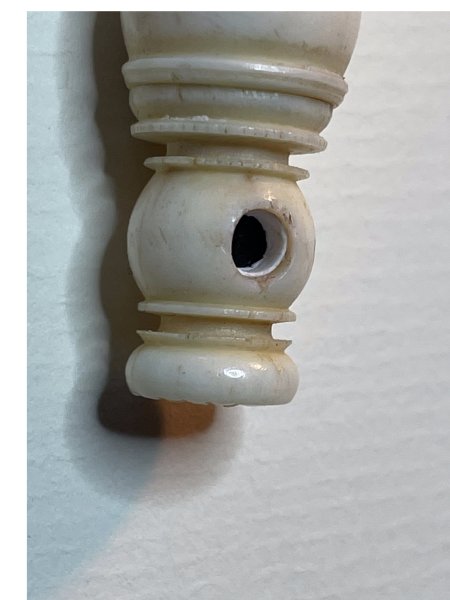

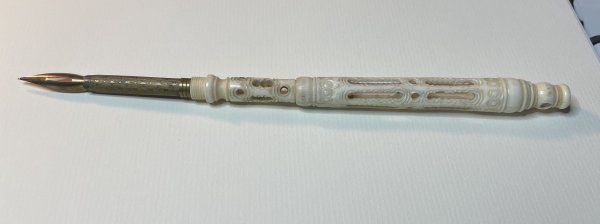

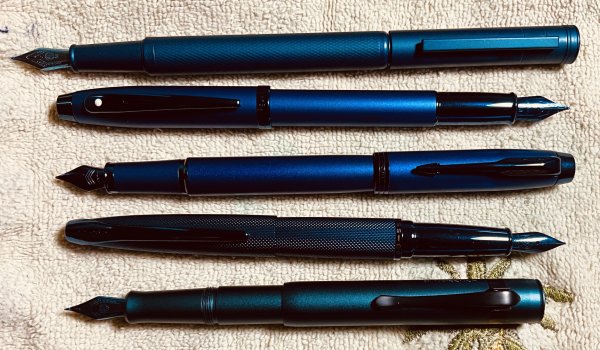


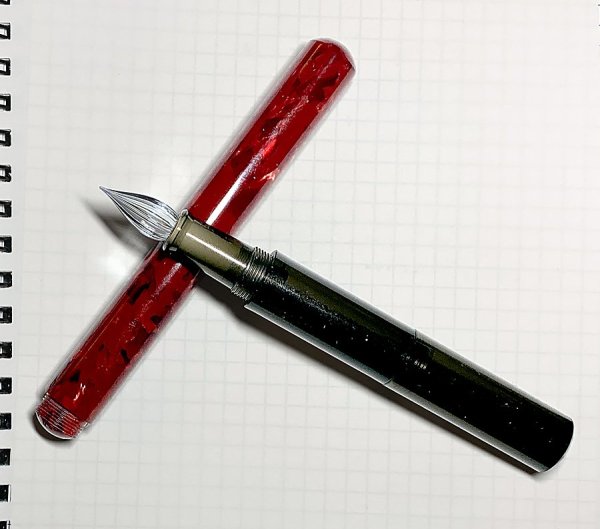


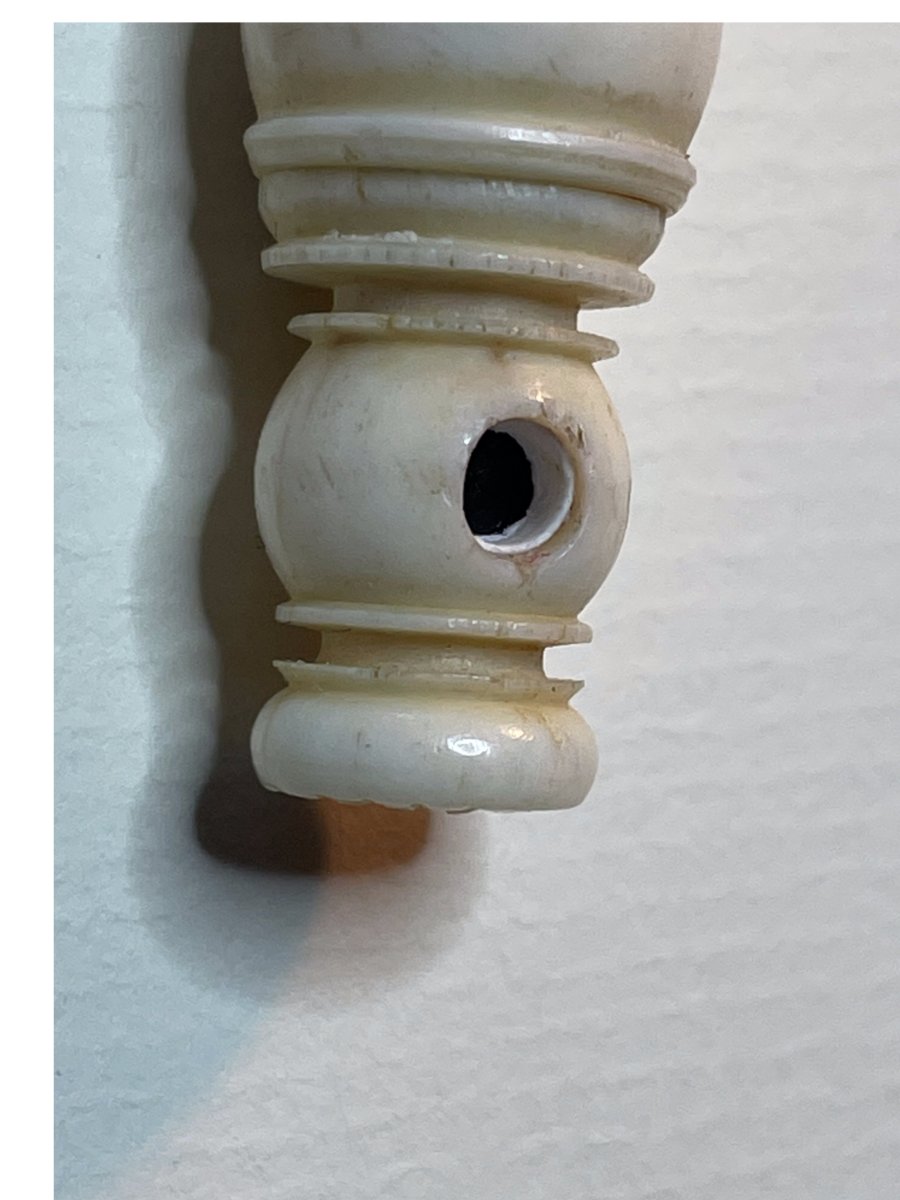

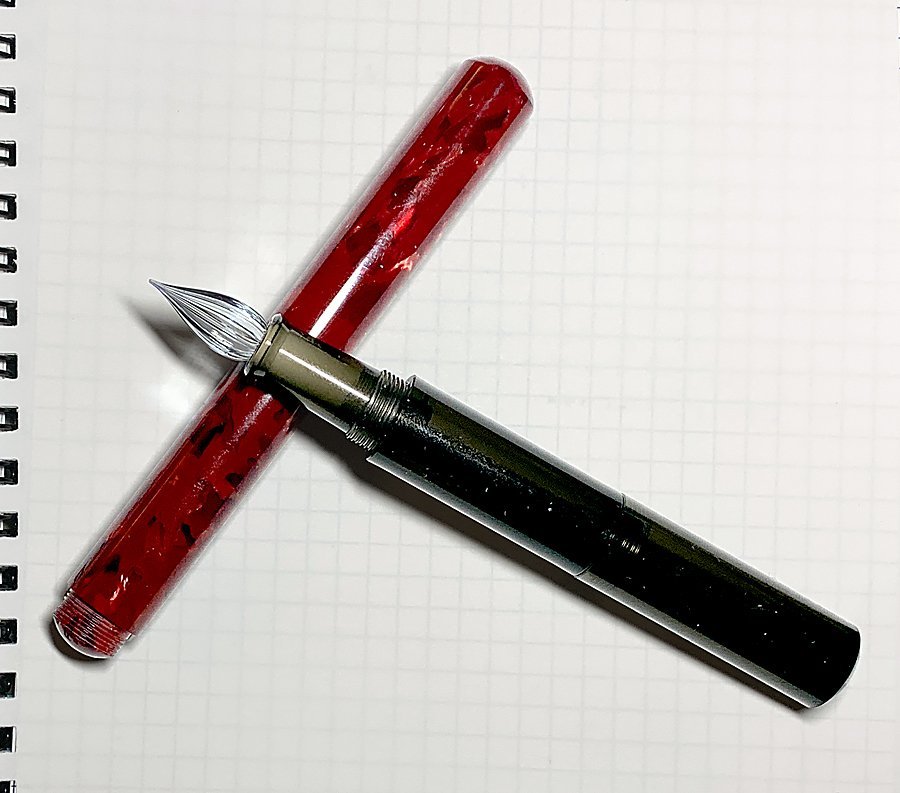
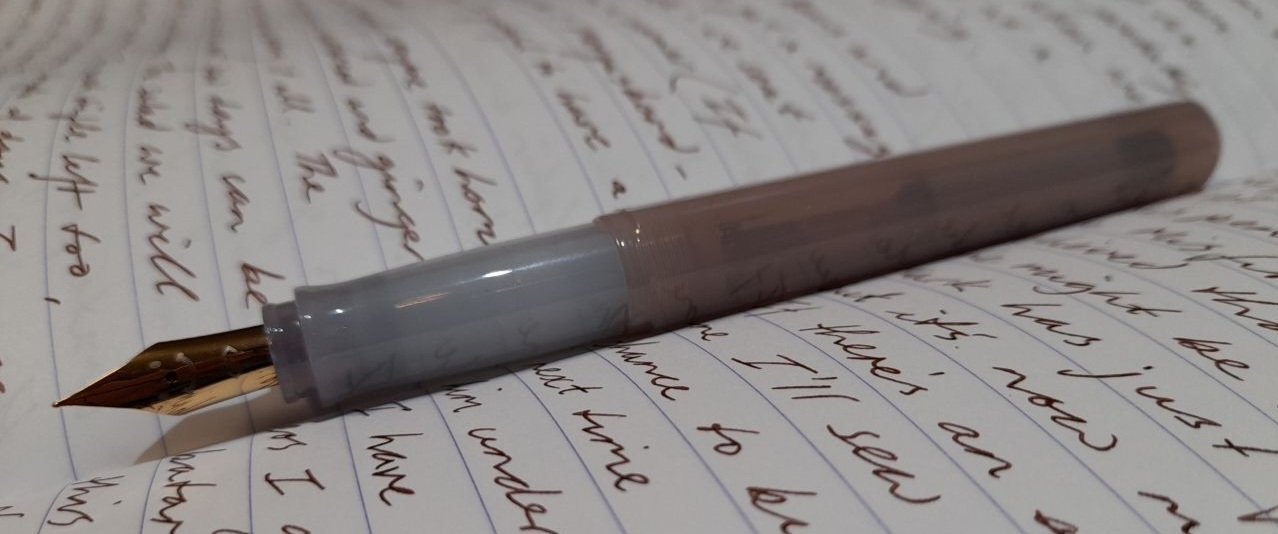

.thumb.jpg.f07fa8de82f3c2bce9737ae64fbca314.jpg)









Recommended Posts
Create an account or sign in to comment
You need to be a member in order to leave a comment
Create an account
Sign up for a new account in our community. It's easy!
Register a new accountSign in
Already have an account? Sign in here.
Sign In Now